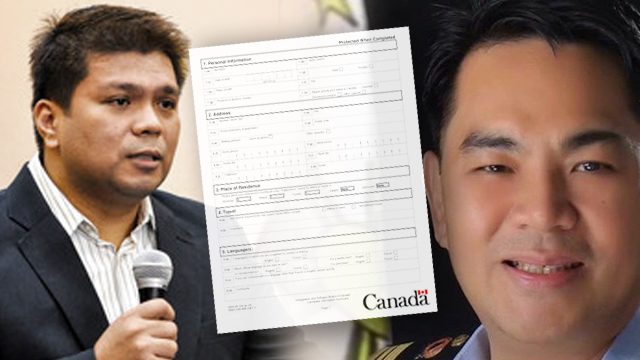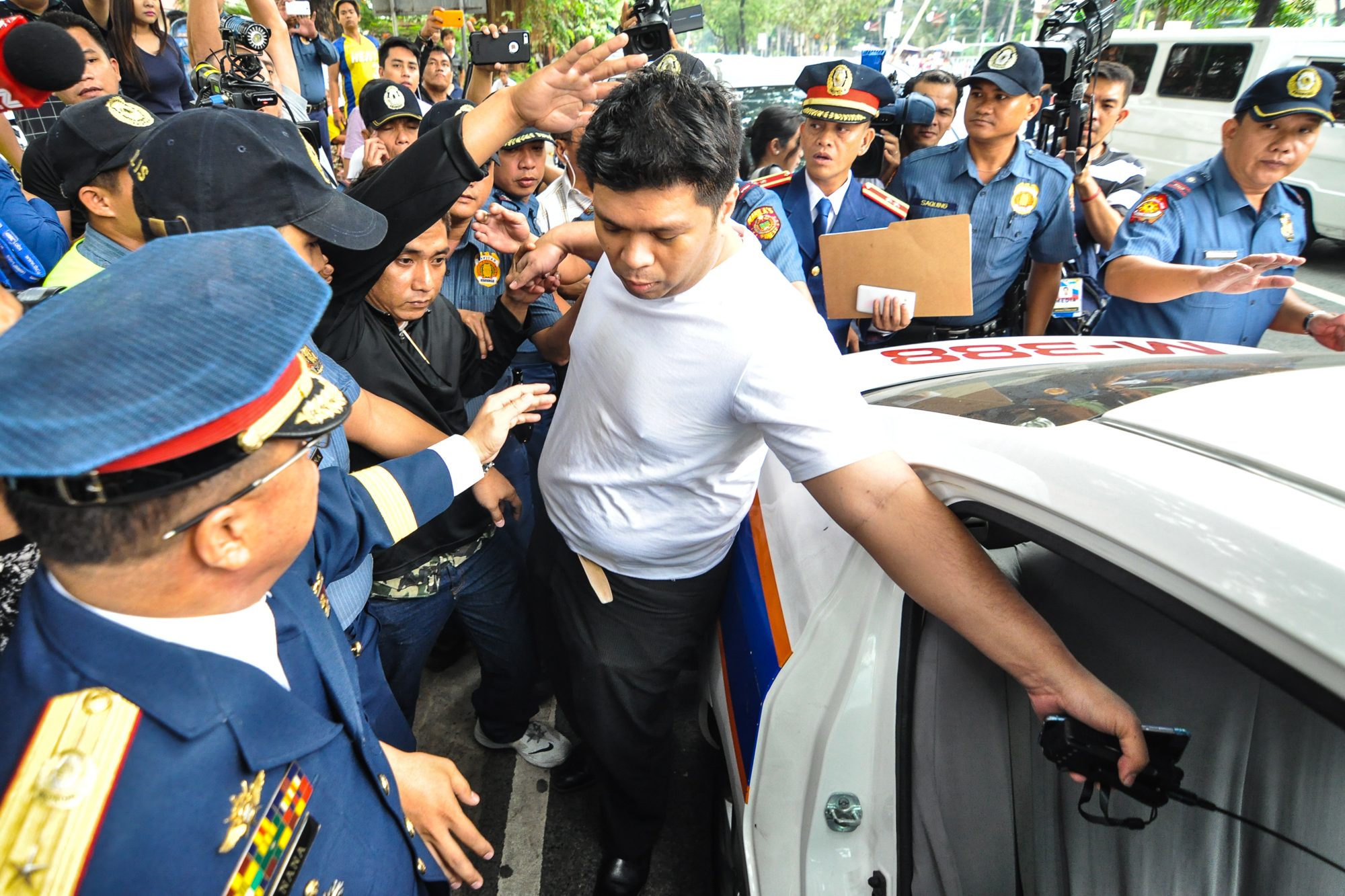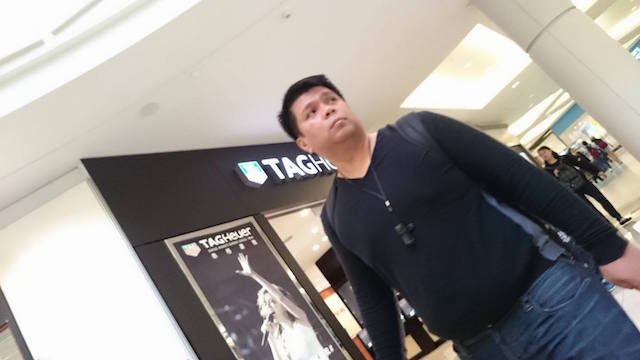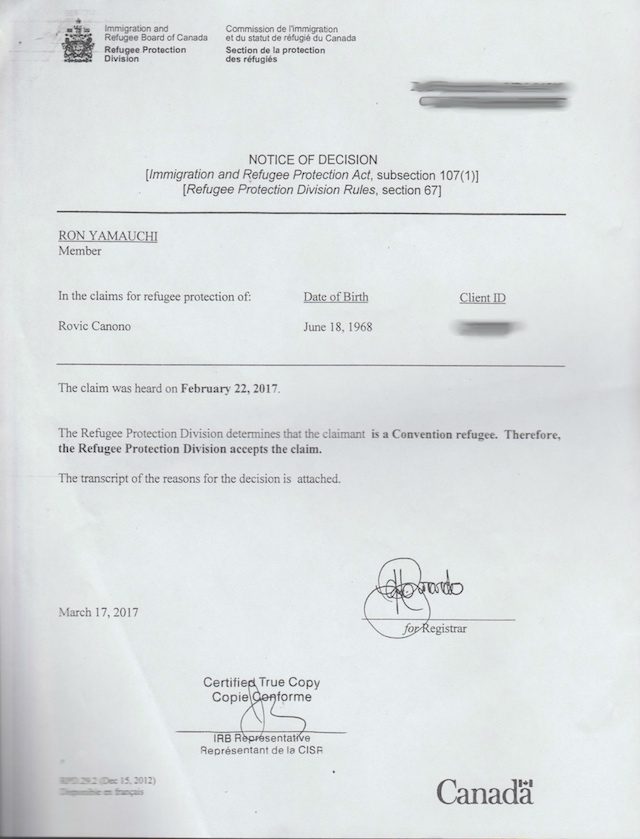SUMMARY
This is AI generated summarization, which may have errors. For context, always refer to the full article.

MANILA, Philippines – For years, homegrown church Iglesia ni Cristo (INC) has been steadily amassing followers and building up influence in political circles.
But in 2015, just a year after it celebrated its 100th anniversary, the church found itself facing its worst crisis in recent history.
A feud within the founding family split the church between those who sided with the current executive minister, Eduardo Manalo, and those who call themselves the “defenders” of the faith. The INC leader’s own relatives, brother Angel Manalo and sister Lottie Manalo Hemedez, claimed harassment from top church leaders.
Expelled church ministers surfaced with allegations of kidnappings and corruption within the church. Several of the church’s most vocal critics reported being threatened in a bid to silence them. (READ: Revolt in the Iglesia ni Cristo)
Two years since the controversy broke out, at least two former INC members claiming harassment from the church leadership have sought protection in another country.
Since their flight from the Philippines a year ago, Lowell Menorca II and Rovic Canono have gone through the long process of seeking protection before the Refugee Protection Division (RPD) of the Immigration and Refugee Board of Canada (IRB).
Well-founded fears
There aren’t too many refugee claims being made by Filipinos to Canada. From 2013 to 2017, the number of claims received by the Refugee Protection Division (RPD) have not gone beyond 30.
From 2013 to present, only 16 refugee claims have been accepted, based on data from the RPD.
| YEAR | Referred | Accepted | Rejected | Abandoned | Withdrawn & Other | TOTAL |
| 2013 | 15 | 3 | 5 | 1 | 0 | 9 |
| 2014 | 25 | 7 | 8 | 1 | 1 | 17 |
| 2015 | 25 | 2 | 16 | 0 | 4 | 22 |
| 2016 | 27 | 2 | 9 | 0 | 0 | 11 |
| 2017 | 19 | 2 | 7 | 1 | 1 | 11 |
To be eligible for a refugee claim in Canada, the claimant should either meet the United Nations definition of a Convention refugee, or be determined as a person in need of protection.
Convention refugees are those who are not able to return to their home countries because of a well-founded fear of persecution based on race, religion, political opinion, nationality, or membership in a social group.
A person in need of protection, meanwhile, is someone who cannot return to his or her home country out of risks to his life, or risk of punishment or torture.
For Menorca, his claim hinged on presenting proof of his fear of persecution from the INC leadership.
“Your task as a refugee claimant is to give them proof that the country you came from can’t provide you with the security and safety that you need. That’s where they’ll bombard you with questions – what level of effort did you go through, did you seek state protection, things like that,” Menorca told Rappler in an interview.
Menorca was a former INC evangelical worker who was constantly in the media spotlight in the past two years. In July 2015, he claimed he had been abducted in Sorsogon, brought to Dasmariñas City, and charged with illegal possession of firearms in an effort to force him to expose members critical of the church. He also said that he had been illegally detained upon the orders of top church leaders.
In January 2016, he spent two nights in jail over various libel complaints filed against him in Mindanao, which he said were fabricated.
He had been pursuing a petition for a writ of amparo with the Court of Appeals when he fled the country in March 2016, citing an alleged death threat against his family.
While the INC brands him a fugitive, Menorca is seeking to be considered a person in need of protection. He is currently awaiting decision on his application.

Long road to safety
For Menorca, the road for his refugee claim has been a long one. Since he fled the Philippines with his family, Menorca said he had had to be careful as he went from country to country, first to Vietnam, then to Thailand.
Fearing that he was being followed and monitored – photos of him and his family in Vietnam had earlier surfaced on social media – Menorca took precautions on his way to Canada, wearing a face mask and a hat to avoid being recognized.
From some of his relatives in Canada, Menorca learned that he was already being expected at the airport. When he arrived in Vancouver in April 2016, he waited until the crowd had passed before making his way to immigration authorities and said he was applying for a refugee claim.
Menorca was led to a different room, where the initial interview took around 10 hours.
“They were trying to see how cohesive the story is, trying to look for lies, deception in whatever I’m saying. They were trained to detect if there is malicious intent with those claiming asylum,” he said.
Challenges to overcome
But Menorca had come prepared. Even before his arrival, he had compiled folders of documents to back up his refugee claim. The burden was on him to prove that he had a well-founded fear of persecution from members of his own church due to his criticism of them, and that state systems in the Philippines won’t be able to adequately provide him protection.
To back up his claim, he brought more than 2,000 pages of documents, including case files of his arrest and the charges slapped against him.
As his case stretched to 8 days of hearings, Menorca decided to get a lawyer after learning that some church members were allegedly sending unsolicited letters to downplay his credibility and affect his refugee claim.
Their strategy, he said, was to use his previous arrest and libel cases to prove to Canadian authorities that he was a threat to their country. Particularly damning was the case for his alleged possession of explosive devices, the basis of Menorca’s arrest in 2015.
“They sent anonymous tips to the immigration refugee board that I had cases in the Philippines that would render me as a threat to their country and citizens here…They were hoping they can sway the immigration board to deny my claim,” Menorca said.
“But the one positive thing it brought was that even though the church denies that they’re persecuting me, their actions belie it since they’re pouring all their efforts to make sure I get denied from my claim,” he added.
Aside from the unsolicited letters to the IRB, Menorca also claims he was being followed and harassed in Metro Vancouver.

But the INC has consistently denied Menorca’s allegations, calling them fabricated. In a report by CBC News, the INC’s San Francisco-based supervising attorney Rommel San Pedro told the network that Menorca was fleeing prosecution, not persecution in the Philippines, and that the church expects the Canadian government to deny Menorca’s refugee claim.
Menorca, however, remains optimistic, even as his case has been pending for nearly a year now. A friend of his and another ex-INC member, Rovic Canono, had been successful with his refugee claim.
Successful claim
Canono arrived in Canada in December 2016, several months after Menorca. He had come on Menorca’s advice to flee the country before trumped-up charges against him could also be filed.
In November 2016, Canono was arrested over a case filed by his wife, allegedly under the instigation of the church leadership.
Canono was accused of violating the anti-violence against women and children act. While in jail, Canono said he was guarded by wardens who are members of the INC. He said the experience made him a “prisoner” of the church.
He was also slapped with a libel complaint in December 2016, with Eduardo Manalo himself as the complainant.
In an interview with Rappler, Canono said he was able to post bail after almost one month in jail. Following Menorca’s lead, he also fled to Canada and declared at immigration that he was applying for a refugee claim.
In February 2017, a hearing was set for his claim. That same day, the verdict was issued: his application was successful.

Canono believes part of why his application was approved quickly was because Menorca had already paved the way.
“He had to introduce the INC to the Canadian government, present its history…He submitted so many documents, maybe that’s why it’s taking so long. For my case, I just focused on what happened to me,” he said in a mix of English and Filipino.
By the time he made his own claim, Canono said the controversy rocking the Iglesia and its ministers had been all over the news. In his arguments for his refugee claim, he cited the lawsuit filed against him from the top leader of the INC himself, and mentioned that police protection in the Philippines would be difficult to attain with many INC members among their ranks.
With Canono’s successful application – possibly the first using the INC experience as basis – Menorca said he feels positive about his own case because Canono’s claim had been heavily based on his.
“I’m very positive I will be accepted since the whole foundation of the refugee claimant regarding church persecution in the Philippines was founded on my case. I think they will be able to see merit in that,” he said. – Rappler.com
Add a comment
How does this make you feel?
There are no comments yet. Add your comment to start the conversation.